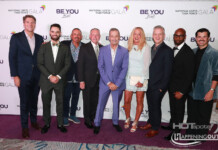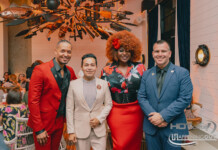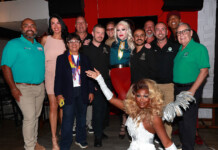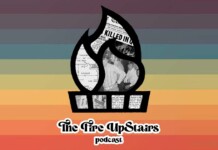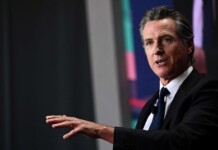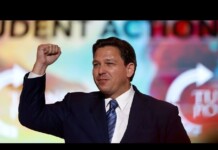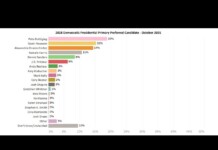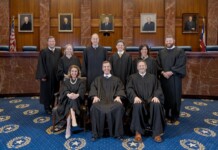March is a little early to start compiling a list of the best movies of the year. But don’t be surprised if you see writer/director Goran Stolevski’s “Of An Age” (Focus) on some of those lists when the time comes. At turns, exhilarating, funny, sexy, touching, and ultimately heartbreaking, “Of An Age,” is one of those rare transformative gay coming-of-age stories. The combination of the acting (both Elias Anton as Kol and Thom Green as Adam are exceptional) and the writing and direction are effective. Stolevski was gracious enough to make time for an interview.
 “1999” is the title of the first of two sections of “Of An Age,” with the second being 2010. What is the significance of those years?
“1999” is the title of the first of two sections of “Of An Age,” with the second being 2010. What is the significance of those years?
Initially, I envisioned the “1999” section as the whole film. It was only while I was writing it that I got fascinated by what would these two…obviously the story has a lot of parallels to (Richard) Linklater’s “Before” trilogy, and also, I grew up obsessed with Truffaut’s (character) Antoine Doinel. I’m always curious if you revisit characters 10 years later and 10 years later than that, what happens, and how it comments on the story. Initially, I was going to do something set across a 24-hour period. Then I realized there wouldn’t be enough for a whole movie. Dancing in the back of my head were these ideas of how they met, how they would run into each other 10 years later. I knew there would have to be a specific cataclysmic event that had to bring them together. Then I remembered the Icelandic volcano being quite a news story in my life back in the day [laughs].
The “1999” section launches like a rocket ship taking off at full throttle, beginning with Ebony’s (Hattie Hook) panicked phone call to Kol, who then has to find a solution to the situation. It’s the kind of thing that gets viewers’ adrenalin pumping. Was that your intention?
A little bit. I’ve done a few short films in that style. I do find it thrilling as a viewer, and as a filmmaker. In this case, it was also how being a teenager felt to me [laughs]. Parts of my brain have outgrown others, but there are parts of me that still function like a teenager. It captures that part of my life. Pretty much the style that evolved in this film at every point is keeping track of the characters’ feelings. That’s what directed it. Then, obviously, a shift in style and energy happens, and we are keeping in lockstep with this character. How those elements interact is its own thing. I was a little bit worried about whether people would stay for the ride when that shift occurs [laughs]. That was my main concern before the film was edited. I wanted that feeling of being caught completely off guard. It’s a blip in the universe. Those first 18 minutes feel like day-to-day life, and then suddenly something veers off in another direction, and life feels completely different.
I’m glad you mentioned the shifts because that section feels very serious, and then suddenly there’s really wonderful humor when Kol shows up at Tari’s and Jaya refers to him as “this gay kid” and the humor hits a high point when Kol’s in the car with Adam and there’s sexual tension, flirtation, and teasing, along with humor. But it also feels authentic. This made me wonder how much of you, and your experience, is in these characters?
In terms of personality, 100% [laughs]. In terms of incidents, it’s not autobiographical in that sense. God knows I never did ballroom. I don’t even dance now. Even the character of Kol. He’s Serbian and I’m Macedonian. There are key differences to make sure it’s not exactly me. My rule when I’m writing something is just because it happened to you, that doesn’t make it interesting. In terms of the humor that you mentioned in that section. I think there are funny things that happen in the opening, but they don’t feel funny because to them it’s so dramatic. I wanted to honor how they feel in the moment. I’ve noticed people laugh a little more at the early section on a second viewing because I guess you watch it from more of a distance then. I am thrilled at how much it feels like a tense sequence.
While Adam is driving with Kol, he subtly reveals that he’s gay and that he still has some of his ex-boyfriend Goran’s belongings in his car. Kol then makes fun of the name Goran, which also happens to be your name. Why did you choose that name for Adam’s ex?
At the time, it was because the dialogue was coming at me too fast to keep up. Mine is a foreign name that’s really easy to spell and type quickly. I thought I would change it eventually, but I never did, because I found it hilarious. I kind of like being the negative character [laughs]. I have a cameo as an even more negative character in my next film. Actually, (in “Of An Age”) I’m also the toxic dude at the airport who bumps into him. I’m much more interested in being the toxic person on screen for some reason. I think it’s safer. Otherwise, you become very narcissistic as an artist.
The sexual tension between Kol and Adam eventually reaches its peak and they end up having sex in the station wagon. It’s a beautiful and erotic depiction of the first time someone has sex. How challenging is it to write a scene such as that, and not have it come off as cheesy or manipulative?
It’s not something I was too worried about. Matthew Chuang is my cinematographer, and my straight husband, and I feel very safe in his hands. He tends to rely on natural lighting, and then when that’s not available, he mimics it so closely that don’t realize it’s not natural. Natural lighting never leads to tawdriness. It helps the film feel tactile without it being tasteless or artificial. Because all of our work is shot according to those principles, I don’t think we approach the sex scene in a different way. With the sex scene, it was all about the actors’ comfort, and also trying to convey that feeling of sex for the first time as primally as we possibly can, while everyone’s being treated respectfully. You don’t have to rely on explicitness or shock tactics.
The second section, which takes place 11 years later in 2010, begins during the “Icelandic volcano apocalypse” (of Eyjafjallajökull), which you mentioned. Kol and Adam bump into each other in the airport; both back in Australia for Ebony’s wedding. A comment is made about how Kol’s personality hasn’t changed much, but a physical transformation has occurred – Kol is now a hot man and carries himself differently.
We were all keenly aware on-set of that happening in front of our eyes. In the script, the difference in Kol was mainly about demeanor and personality. I felt like he was more similar to how Adam was when Kol first met him.
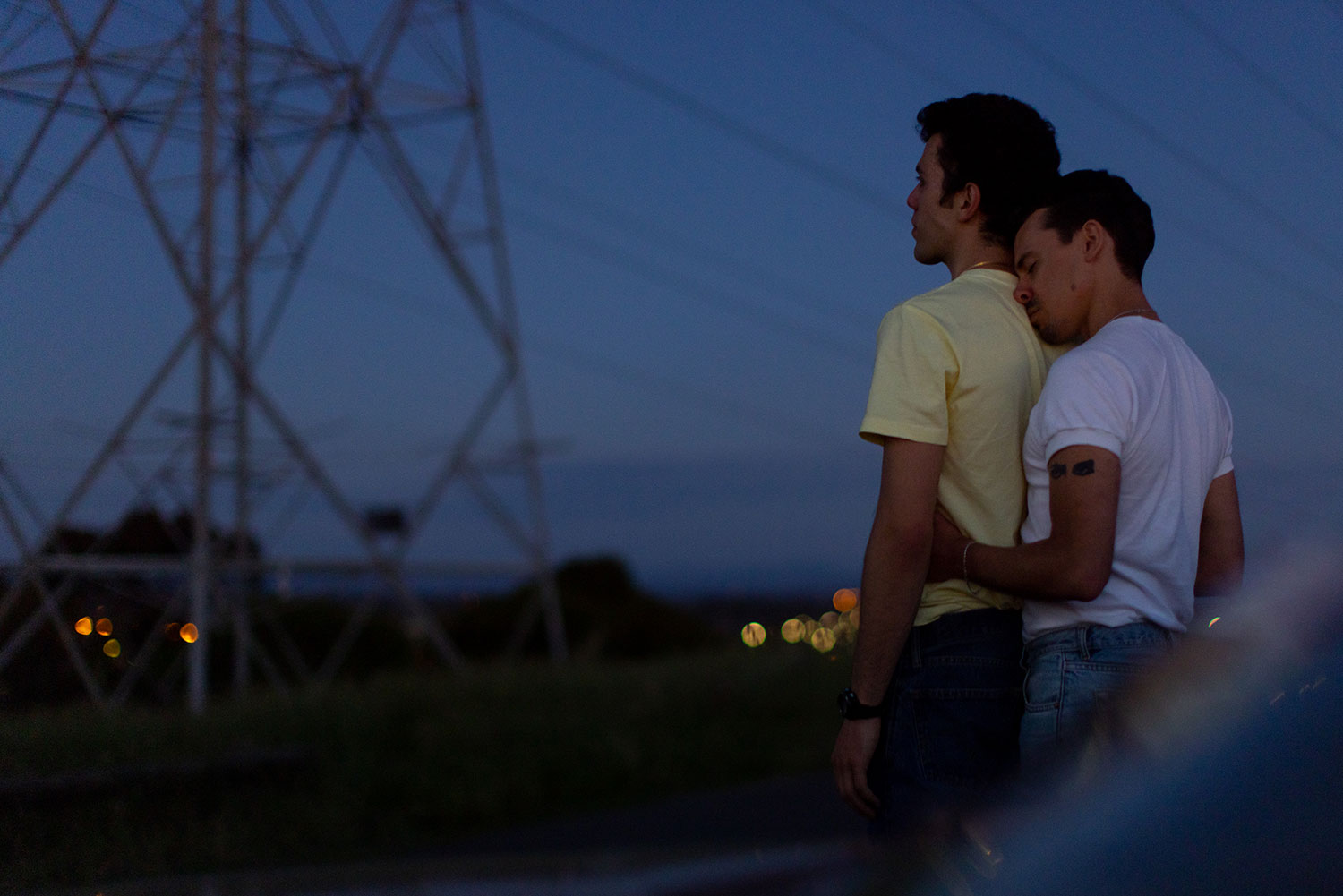 He exuded a newfound confidence that Adam had.
He exuded a newfound confidence that Adam had.
Yes! To me, that also shows the impact Adam had on him. It’s what life makes of you. You have to build a certain kind of resilience if you’re a gay kid from that kind of background, socioeconomically, culturally, and so forth. There was a lot of conversation with Elias, the actor, because he was 23 or 24 at the time we were shooting. It’s easy to play someone younger than you, but it’s really hard to convey life experience beyond your own actual years.
He succeeds.
Thank you! There was a lot of conversation. But to be honest, it was also kind of uncanny. I remember tearing up at the most casual dialogue when they’re talking on that bus. I was like, “Oh, my God, it’s my boy growing up.” There was a parental dynamic with all three of them. Especially with Elias and Hattie, who were younger. You just watch them grow, as well, offscreen. I feel very lucky to have been able to benefit from that. It felt like capturing lightning in a bottle. There was a lot of talk, before we even started shooting anything, about the difference between your mindset and your inner life when you’re older, like 28, compared to 17, and so on and so forth. Once we started shooting, I didn’t want to talk about things in the abstract. I feel like it’s something you have to absorb unconsciously, and then you’re acting from an organic place.
Without giving too much away, the finale falls into the tearjerker category, and yet it’s not a tragedy. Is this how you always envisioned the story ending?
Yes. I think there’s a parallel between how the 1999 and 2010 sections end. It’s been interesting because people have slightly different interpretations about the ending. For me, emotionally, the whole premise of the film is, “Were these feelings worth it?” I don’t think it’s a standard happy or sad ending.
Have you started working on or thinking about your next film project?
I just finished editing my third picture. We’re in sound mix now. That should be finished in the next couple of months, hopefully. After that, I’m a free agent, so I don’t know what happens with my life [laughs]. I was in a very strange position; before I finished my first feature, the next two were already financed. I’ve been shooting them back-to-back to back. I finish one on Wednesday and start casting the next one on Thursday. It’s been a frantic and emotionally rewarding couple of years. I’m very lucky to have had three extremely beautiful experiences with each of these films. Films that I love. I’m looking for that again. I don’t really want to make something that doesn’t make me feel this way. I don’t know what it’s going to take for the fourth one.
“Of An Age” is in theaters now!



